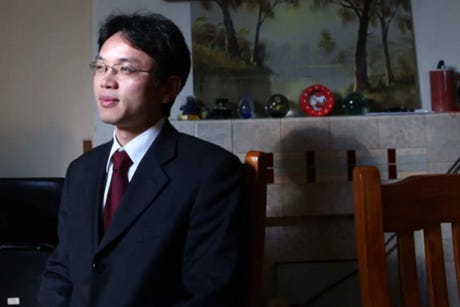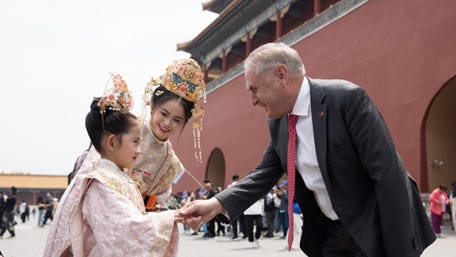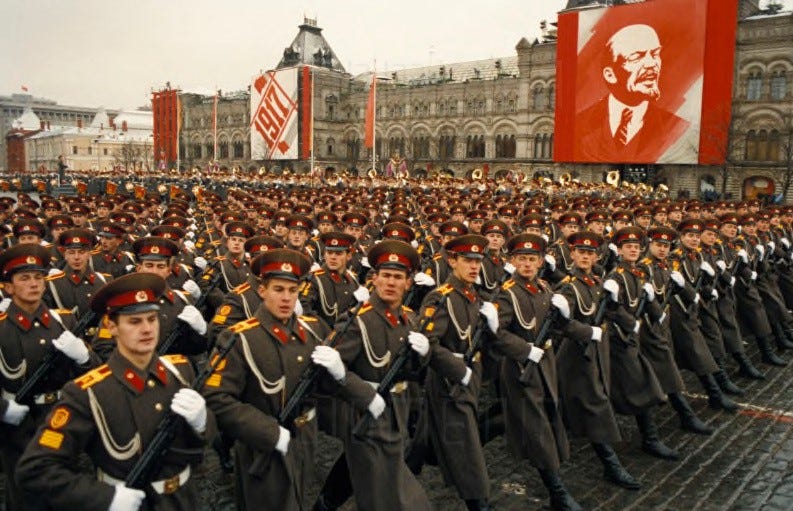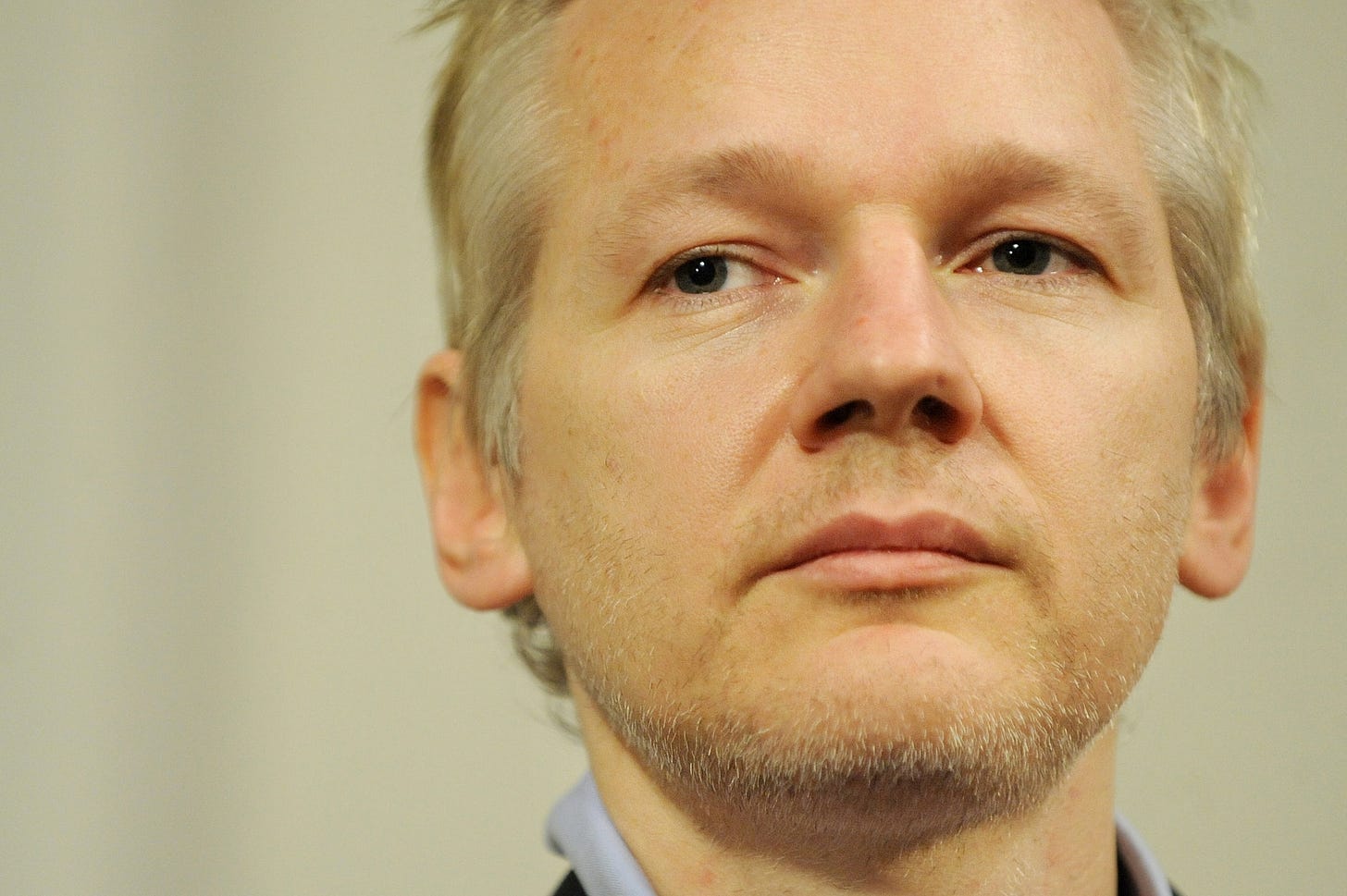Utilitarianism and the Omnipotence of Government
Welcome to the Inspection House, known as the Panopticon.
Jeremy Bentham, eighteenth century political thinker, was one of the earliest exponents of the principle of Utilitarianism – the greatest happiness for the greatest number, which he considered to be a fundamental principle of morality.
Managing societies is no easy task, hence, as first principles go, it seems reasonable. But what of the outsiders, those who prefer to live life as they see best for themselves? Well, Bentham’s take was more simplistic. He argued that human beings are ruled by two things only – pleasure and pain.
“All men are under the governance of two sovereign masters: pain and pleasure. It is for them to point out what we ought to do, as well as to determine what we shall do.”
The bolded words are my emphasis for the purpose of showing that three centuries do not bring about change in how people think and act – I refer to the past few years of bending to the will of government edicts. I would like to think that most people knew what they “ought” to do in relation to government coercion around Covid vaccines and staying under house arrest, but fear determined what they “shall” do, and they did so in large numbers.
Today’s surveillance systems have their genesis in something far more sinister than what most of us care to think about.
Some would consider Bentham’s view crude and base. After all, surely, we are more than the sum of two conflicting emotions. However, he considered this the most effective means of making laws to ensure that people’s actions amounted to the greatest happiness for all.
To ensure stability of the idea of the greatest good for the greatest number, Bentham saw the need for a solution that would act to deter those seeking to disrupt the status quo, so he developed the concept of an institutional system where prisoners would be observed without their knowing.

Very 1984!
Today, surveillance is now part and parcel of our lives. We moderns tend to think that what we are encountering with the plethora of misinformation laws and censorship to within an inch of our lives, is new, be that good or bad, depending on what side of the fence one sits on with the issue.
But today’s surveillance systems have their genesis in something far more sinister than what most of us care to think about.
The early 1780s saw the Inspection House proposal hatched, known as the Panopticon. Its primary purpose was to house prisoners based on the idea of the best design to produce the best outcomes – the Utility principle at work.
However, a closer look at Bentham’s personal letters reveals more than just a desire to incarcerate criminals.
In a series of letters written in 1787 concerning a Plan of Management for a House of Corrections, he wrote:
No matter how different, or even opposite the purpose: whether it be that of punishing the incorrigible, guarding the insane, reforming the vicious, confining the suspected, employing the idle, maintaining the helpless, curing the sick, instructing the willing in any branch of industry, or training the rising race in the path of education: in a word, whether it be applied to the purposes of perpetual prisons in the room of death, or prisons for confinement before trial, or penitentiary-houses, or houses of correction, or work-houses, or manufactories, or mad-houses, or hospitals, or schools.
One of the earliest exponents of the principle of Utilitarianism – the greatest happiness for the greatest number
Of all the bolded phrases (mine for emphasis), the “training the rising race in the path of education” is the most alarming. We are already witnessing the outcomes of progressive education. Imagine what humanity will look like if we cannot pull it back from the brink.
There is not, and never has been, a shortage of individuals hellbent on shaping the world by their own means. Three centuries have passed since Jeremy Bentham concocted an idea to easily coerce people to the whims of intellectual prowess, and I don’t mean that in a complimentary way.
The Utility principle is akin to the concept of the “greater good.” It has always been at the core of public planning for the mere reason that most people prefer others to make the hard decisions, even when it comes to their own personal lives. But Utility is not for everyone. Some of us prefer to live our lives by the “do no harm” principle,” otherwise known as living by one’s own code and doing no harm to anyone else in the process.
Should we be alarmed at the rise of these new old concepts?
Are we on the precipice of the collapse of humanity as we have known it?
Is the old Panopticon the new 15 Minute City, designed to enslave us?
Probably, is my answer. And that doesn’t mean we stop resisting its implementation through peaceful non-compliance. If history shows us one thing only, it is that pride comes before a fall, and the globalist agenda is big, bold, and ugly. We owe it to our families, friends and all who believe in freedom to continue to defend humanity at all costs.













